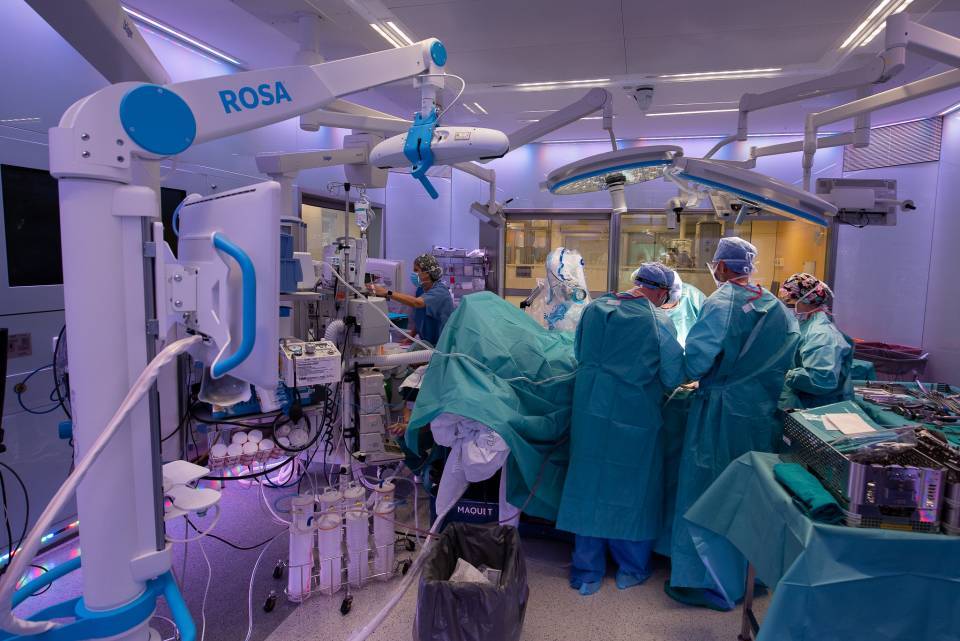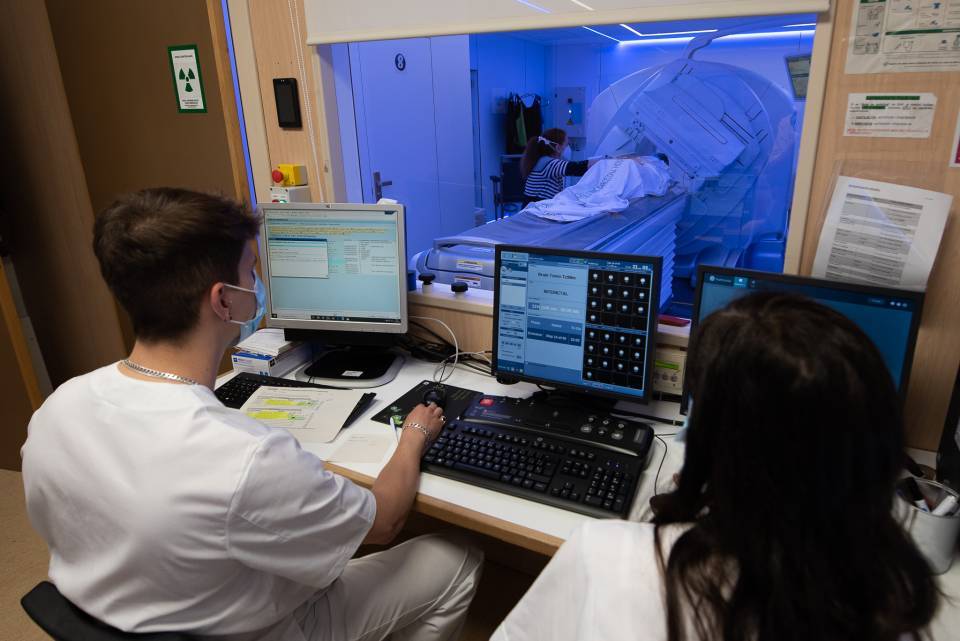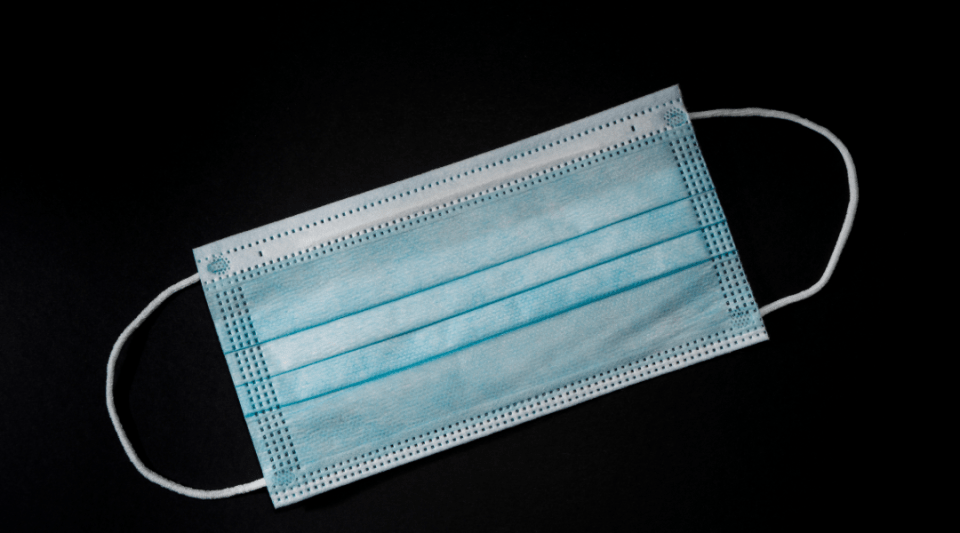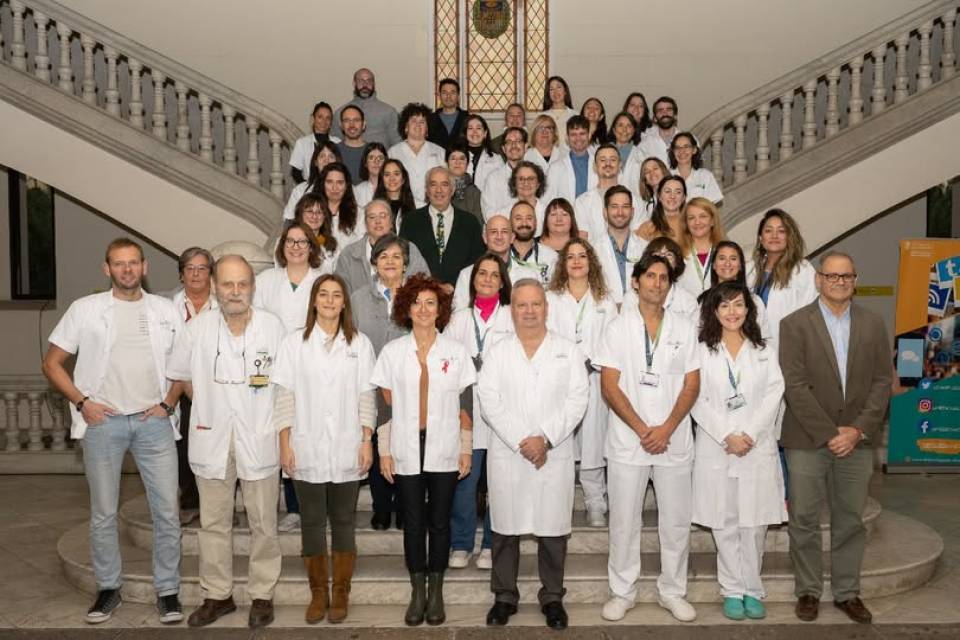The surgeries are led by the Orthopaedic Surgery and Traumatology Service, by the Head of Service, Dr. Pere Torner, and by the Head of the Knee Section, Dr. Juan Carlos Martínez Pastor. Each year, the Hospital Clínic de Barcelona carries out 400 primary knee replacement surgeries and over 150 prosthetic replacements. It is a CSUR national referral centre for complex prosthesis-related infections. The Orthopaedic Surgery and Traumatology Service forms part of the Hospital Clínic Medical and Surgical Specialities Institute (ICEMEQ) headed by Dr. Josep Maria Segur.
Among other things, this type of robotic surgery allows for better quantification and planning of the parameters of the surgery. Robotics allows for greater accuracy in the type of cut, because it allows this intraoperative planning to be transferred to the field of surgery with the help of the robotic arm. In short, robotic surgery allows the whole process to be more precise and accurate and, above all, a more personalized surgery, adapted to each patient’s particular needs. Total knee replacement surgery usually takes between 60 to 80 minutes to perform. With this type of surgery, each prosthesis can be adapted to the individual case, ensuring better recovery and improved clinical results for patients.
Robotic knee replacement surgery is an advanced technique that allows the prosthesis to be adapted individually to each patient, depending on the state of the ligaments and the type of osteoarthritis, taking into account their individual anatomical needs.
This technology allows the surgical team to plan and perform the operations with a precision that cannot be achieved with traditional techniques. During the surgery, the robot guides the surgeon in real time. This reduces any possible human errors and improves the prosthesis alignment.
Robotic knee replacement surgeries involve a postoperative period with less pain and a shorter recovery time, since the techniques allow the prostheses to be adapted individually to each patient, with less soft-tissue release and less damage to the knee tissue. Robotic knee replacement surgery also offers better functional results and greater patient satisfaction, because a better alignment of the prosthesis can improve the functionality of the knee and extend the durability of the prosthesis. Robotic knee replacement surgery represents a significant advance in the treatment of degenerative knee diseases, offering patients a more precise, effective and safer option for a joint replacement.
For Dr. Pere Torner, head of the Orthopaedic Surgery and Traumatology Service “reaching 500 robotic knee replacement surgeries is a success, which shows our dedication to offering our patients the best care possible. We shall continue to be committed to advanced technology, in order to further improve clinical outcomes”.
For Dr. Juan Carlos Martínez Pastor “robotic knee replacement surgery has involved a paradigm shift in the alignment of knee prostheses, from a standard alignment for everyone to alignment adapted to the needs of each individual patient. This opens up a window of technological possibilities for improving the functional results and the satisfaction of our patients".
With this milestone, the Hospital Clínic Barcelona reaffirms its position as a leader in the field of orthopaedic surgery. The Clínic plans to continue to increase the number of robotic surgeries in coming years, expanding its capabilities and training more professionals in the use of this technology.




